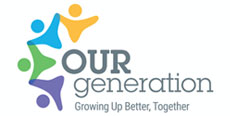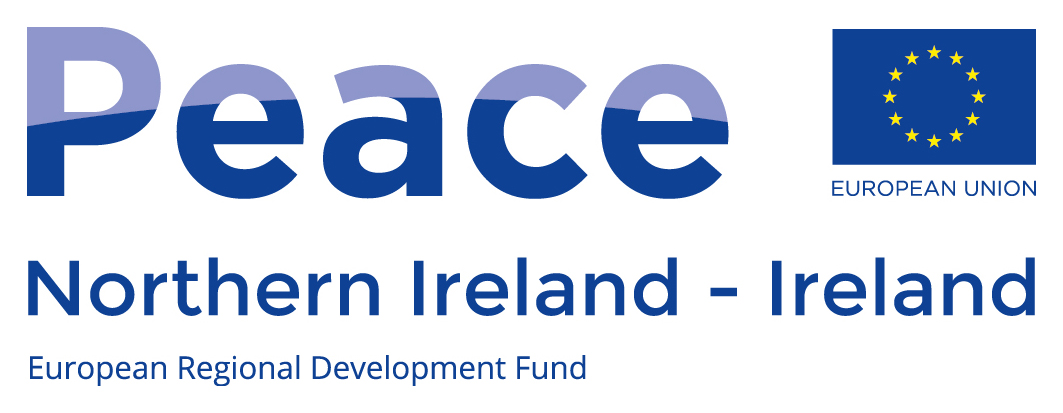


The Urban Village areas in Belfast and Derry~Londonderry make up some of the key locations where the Our Generation programme is being delivered.
Why Urban Village areas?
In 2016, the First Minister Arlene Foster and Deputy First Minister Martin McGuinness, launched the Urban Villages Initiative – Strategic Frameworks for five designated areas in Belfast and Derry/Londonderry.
These five Urban Village areas were chosen because they have a history of high deprivation and social tension, they are some of the areas most impacted by the legacy of conflict and division.
The Urban Villages Strategic Frameworks were developed following extensive local community engagement. They highlighted strategic actions that needed to be addressed in these areas across a number of themes; and one of the strong themes identified was mental health and wellbeing.
Mental health is a significant factor that prevents young people from fully participating in life and thriving, and unfortunately some of the highest statistics of mental health problems are evident in Urban Village areas.
For this reason the Urban Village areas were identified as key locations for delivery of the Our Generation programme. Also, because it is a good relations programme under the NI Executive’s Together: Building a United Community (T:buc) Strategy, with a core aim to foster positive community identities.
Collaborative development of the programme
The Urban Villages Initiative in collaboration with colleagues in the Department of Health, HSE (ROI) and SEUPB, together designed a mental health programme focusing on children and young people and their key contacts, which became the Our Generation Programme.
The programme was designed to build on and support the community interventions that were already in place in the Urban Village areas. The design was to build emotional resilience, so as to create a legacy for future generations.
Programme roll out in Urban Village areas
Our Generation, led by Action Mental Health, represents a significant additional resource across the five Urban Village areas.
Engagement with each of the areas began with an extensive scoping study supported by the Urban Villages local teams to ensure direct connection with key community contacts.
These local connections continue to be the foundation for delivery through a range of programmes targeting Schools, Pre-Schools, Youth Clubs, Sports Clubs, Uniform Organisations and others.
Our Generation has connected and collaborated with existing Urban Villages community led projects that already support children and young people to build resilience and tackle mental health challenges using a variety of creative methods.
As well as local delivery of programmes, key outputs include the design of an App for young people and the piloting of the Recovery College model for young people in each of the Urban Village areas.
Match funding support
Match-funding for the project has been provided by The Northern Ireland Executive and the Department of Rural and Community Development in Ireland for this European Union’s PEACE IV Programme managed by SEUPB.
Where are the Urban Village areas?
The five Urban Village areas include: Derry~Londonderry: Bogside, Fountain & Bishop Street. South Belfast: Sandy Row, Donegall Pass & the Markets. North Belfast: Ardoyne & Greater Ballysillan. East Belfast: Newtownards Road, Grampian Avenue to Bridge End. West Belfast: Colin Area.
What is the Urban Villages Initiative?
The Urban Villages Initiative is a headline action of the Together: Building a United Community (T:buc) Strategy. It is designed to improve good relations outcomes and develop thriving places through a range of community-led, cross-cutting and capital projects with a good relations focus for the benefit of people living, working in and visiting the five Urban Village areas.




